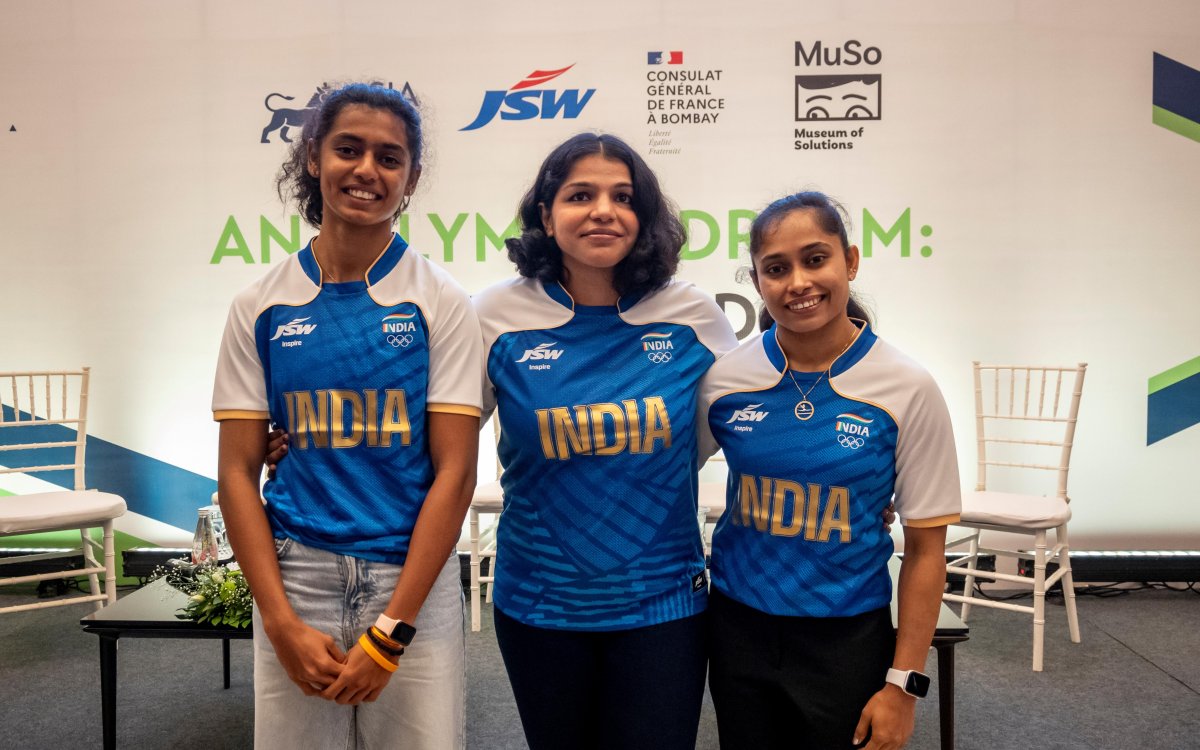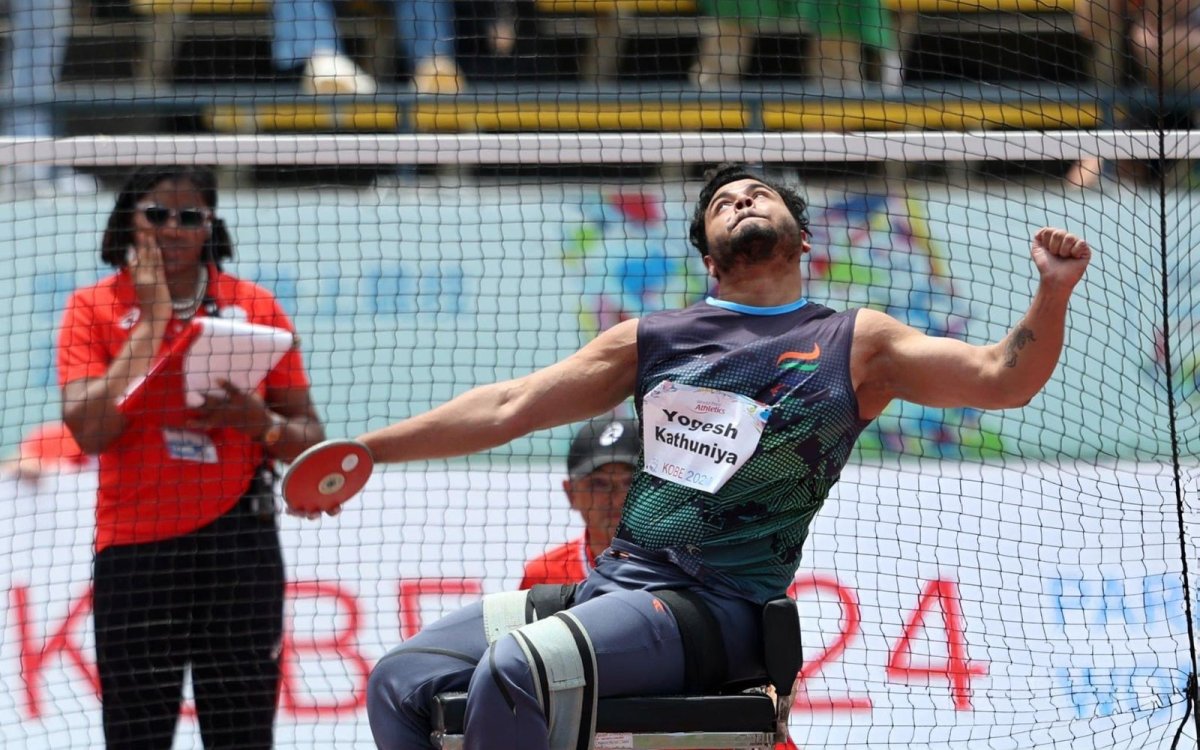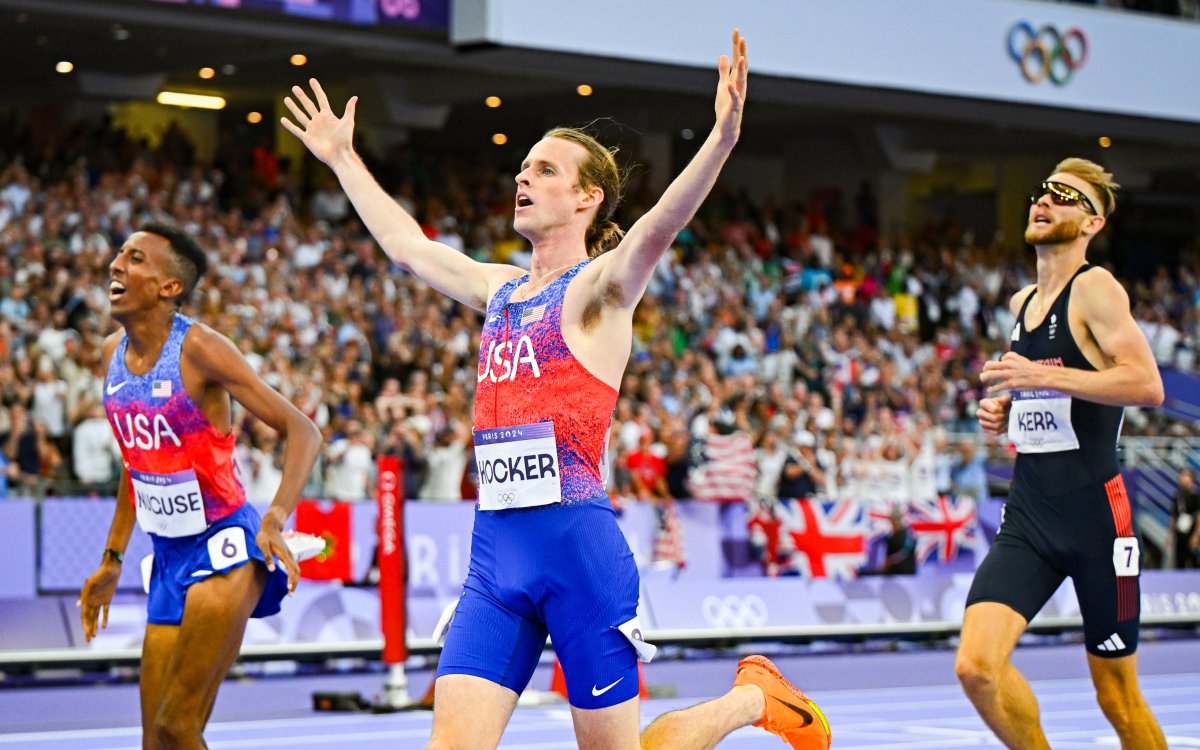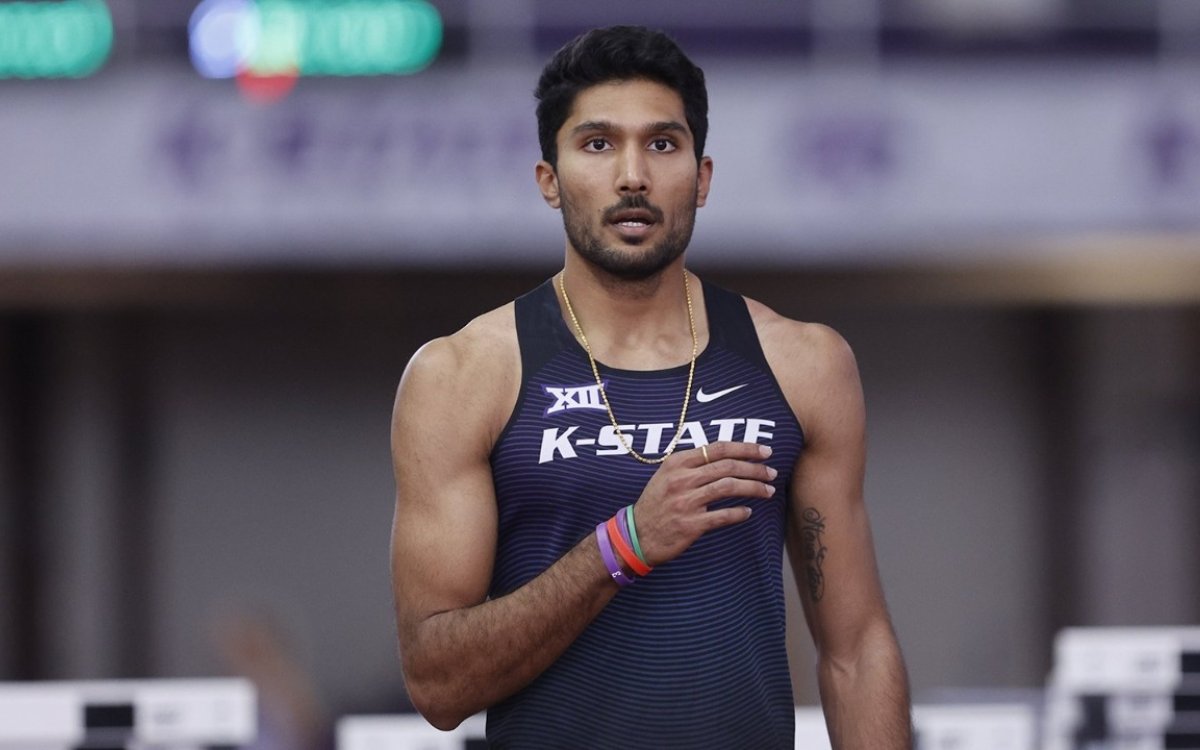Asia Society India Centre: Star Indian wrestler Sakshi Malik said winning Olympic medal not only transforms the lives of athletes, but also of their families and villagesIndia will be sending a contingent of close to 120 sportspersons to the Olympics, including an Athletics team led by the defending champion in the men’s javelin Neeraj Chopra, a 21-member shooting team and a 16- member men’s hockey squad.
Malik speaking at the panel discussion ‘An Olympic Dream: Sport in India,’ hosted by the JSW Group, Asia Society India Centre, and the Consulate General of France in Mumbai, three of India’s most prominent athletes shared their inspiring journeys and reflections on the transformative power of Olympic dreams.
Sakshi Malik, an Olympic bronze medallist in wrestling narrated her story of triumph and the ripple effects of her success. “An Olympic dream is not just an athlete’s dream; it’s the dream of an entire family,” said Malik emphasizing how her victory had brought about profound changes not only in her life but also in her community.
After her historic medal win, the Chhotu Ram Stadium in Rohtak, where she trained, was transformed from having a tin roof to becoming an air-conditioned hall. A stadium named after her was even built in her village.
Malik spoke passionately about the surge in popularity of wrestling among girls in Haryana. “Everywhere you go, there’s a stadium every ten minutes, and you’ll find girls training in each one. The old mindset that girls couldn’t wrestle has changed dramatically.”
For the first time, five girls are going to the Olympics for wrestling while only one boy is going. Girls, who were once suppressed, are now boldly stepping forward and excelling in wrestling,” she added.
Dipa Karmakar, India’s pioneering gymnast, reflected on the bittersweet experience of finishing fourth at the Rio Olympics. “As an athlete, the fourth place can be the worst place to be in. Not just for me, any athlete who finishes in fourth place can never sleep,” she shared.
Despite the heartbreak, Karmakar emphasized the importance of resilience and learning from setbacks. Her journey has spurred a cultural shift in Tripura, where gymnastics is now embraced with renewed enthusiasm. The 2016 Olympics led to significant infrastructure improvements, including the installation of crucial equipment like foam pits, which were previously unavailable.
Karmakar also highlighted the critical need for funding and support at the grassroots level. “Until we are successful, we don’t get anything as athletes. Gymnastics was such a sport where people didn’t know much about it, and girls were underestimated,” she said.
If this was done earlier, our Olympic medal count would have been in double digits. But I believe it’s going to happen in the upcoming Paris Olympics,” Karmakar predicted, expressing hope and encouragement for the future.
Priya Mohan, a rising star in athletics, shared her perspective on the journey of an athlete and the importance of perseverance. “I believe that every athlete has their own timeline for success. Most athletes peak around 24 or 25 years old,” she stated, drawing inspiration from competitors like Alison Phillips.
If this was done earlier, our Olympic medal count would have been in double digits. But I believe it’s going to happen in the upcoming Paris Olympics,” Karmakar predicted, expressing hope and encouragement for the future.
Also Read: Akram ‘hopes’ Indian Team Will Travel To Pakistan For Champions Trophy
Parth Jindal, founder of JSW sports further elaborated about Neeraj Chopra, “Neeraj Chopra’s story is a remarkable testament to talent identification and resilience. We discovered Neeraj in 2015 through our sports excellence program, and in 2016, he shattered the World Junior Championship record and won a gold medal in Poland with an 86.48-meter throw. Had he achieved that throw at the Rio Olympics, he would have secured a bronze medal. His journey only became more compelling from there.




